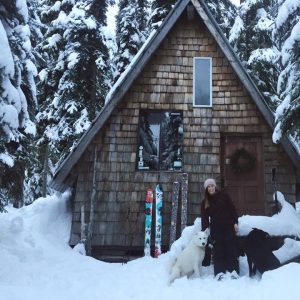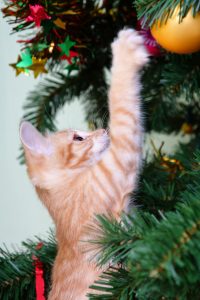We just had our first big snowfall here in Vancouver, B.C. Canada, so it seems like a good time to share these winter safety tips.
Snow
Avalanche is a risk on the mountains. Every year we hear tragic stories about backcountry recreationalists killed and injured in avalanches. The risk of avalanche affects workers too, as I wrote about last winter.

Ski patroller/paramedic Megan Frawley, quoted in my post Stay fit and avoid injury when ski season starts Photo credit: Susan Main
WorkSafeBC reminds us that unstable snowpack can put workers at risk.
And here’s five steps to safer winter driving to keep you safe on the road.
Cold
You’ll want to avoid cold stress, which can lead to hypothermia.
In a cold workplace (like outside) employers need to ask questions such as:
* Can the work be done in a different environment?
* Can heated warming shelters be placed on site?
* Do workers have the proper protective clothing? (They need a warm head covering and layered clothing. They also need to keep hands and feet warm and dry.)
When you’re at home and the cold seeps inside, people often use portable space heaters to warm up. CSA group offers safety advice for space heaters:
* Turn it off when leaving the house.
* Turn it down or off before going to sleep.
* Place the heater where it cannot be knocked over.
* Place at least 1 metre (3 feet) away from flammable materials such as curtains, bedding, newspapers, and furniture.
Ladders
When putting up seasonal decorations, make sure you use ladders safely. I wrote about ladders in my post, Is a ladder the right tool for the job?
Here are a few ladder safety tips:
* Always face the ladder while climbing up or down.
* Do not stand on the top two rungs of the ladder.
* Use the three-point contact climbing method (2 hands, 1 foot or 1 hand, 2 feet).
Power outages
Use flashlights instead of candles as the latter can pose a fire hazard, says BC Hydro. Let’s say thanks to workers who get our power back, and know how to prepare for outages at home and at work.

Image: i-stock/Marussya
Safety for pets
The B.C. SPCA offers Holiday Safety Tips for pets. Here are a few:
* Avoid tinsel or angel hair if you have pets and a Christmas tree. Cats and dogs will ingest both, which can cause intestinal problems.
* Avoid giving bones to your dogs or cats, particularly turkey bones. They can splinter and cause serious injury, while bone fragments can cause intestinal blockages or lacerations.
* Many animals like the taste of antifreeze and will readily consume it when given the opportunity. However, antifreeze, even in the smallest amounts, can have a very harmful and often fatal effect on your pet.
Lighting candles
Candles are used for different traditions and celebrations at this time of year.
The National Candle Association reminds us to:
* Always burn candles in a well-ventilated room.
* Trim candlewicks to ¼ inch each time before burning.
* Never burn a candle on or near anything that can catch fire.
* Keep burning candles away from drafts, vents, ceiling fans and air currents.
Working out at night after dark
In Light up your nighttime workouts, CBS reminds us to be seen on bike paths, jogging trails, and anywhere else we go to exercise outside after dark. Moving your workout indoors is also an option.
Please remember these tips and share them with your colleagues, friends, and family.


